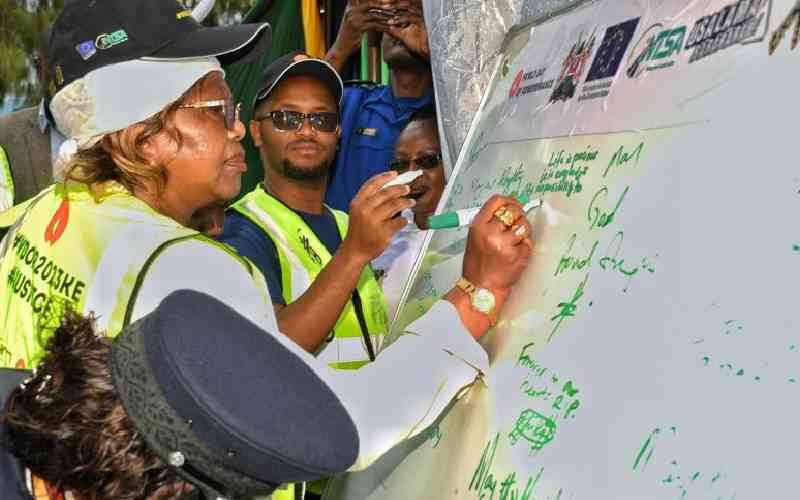
Kenyans fervently recall the day President William Ruto put his feet down and decided it was time to fix glitches in the sugar sub-sector. On August 28, the president publicly told investors battling over Mumias Sugar to withdraw court cases, pack up and leave or better still 'go to heaven'. Critics accused him of bullying the business community and dissing the courts. But to farmers ruined by the sugar rot, the 'mambo ni matatu' moment proved Ruto's gusto for reforms.
The end justifies the means. When we become casual about the law, it can invite brute force or what Transport Cabinet Secretary Kipchumba Murkomen would call 'autocratic' moves, to make things work in public interest. Soon after the president's sugar offensive, there were high hopes that the ailing transport industry would be the next in line among top sectors queued up for reforms and which are largely held hostage by impunity. But before Ruto turns focus to the transport sector, the festive season has revived the road safety debate. There are concerns over whether the puffing and huffing public transport sector will ever be succored. If sugar was fixed, why not transport now that Ruto has our goodwill?